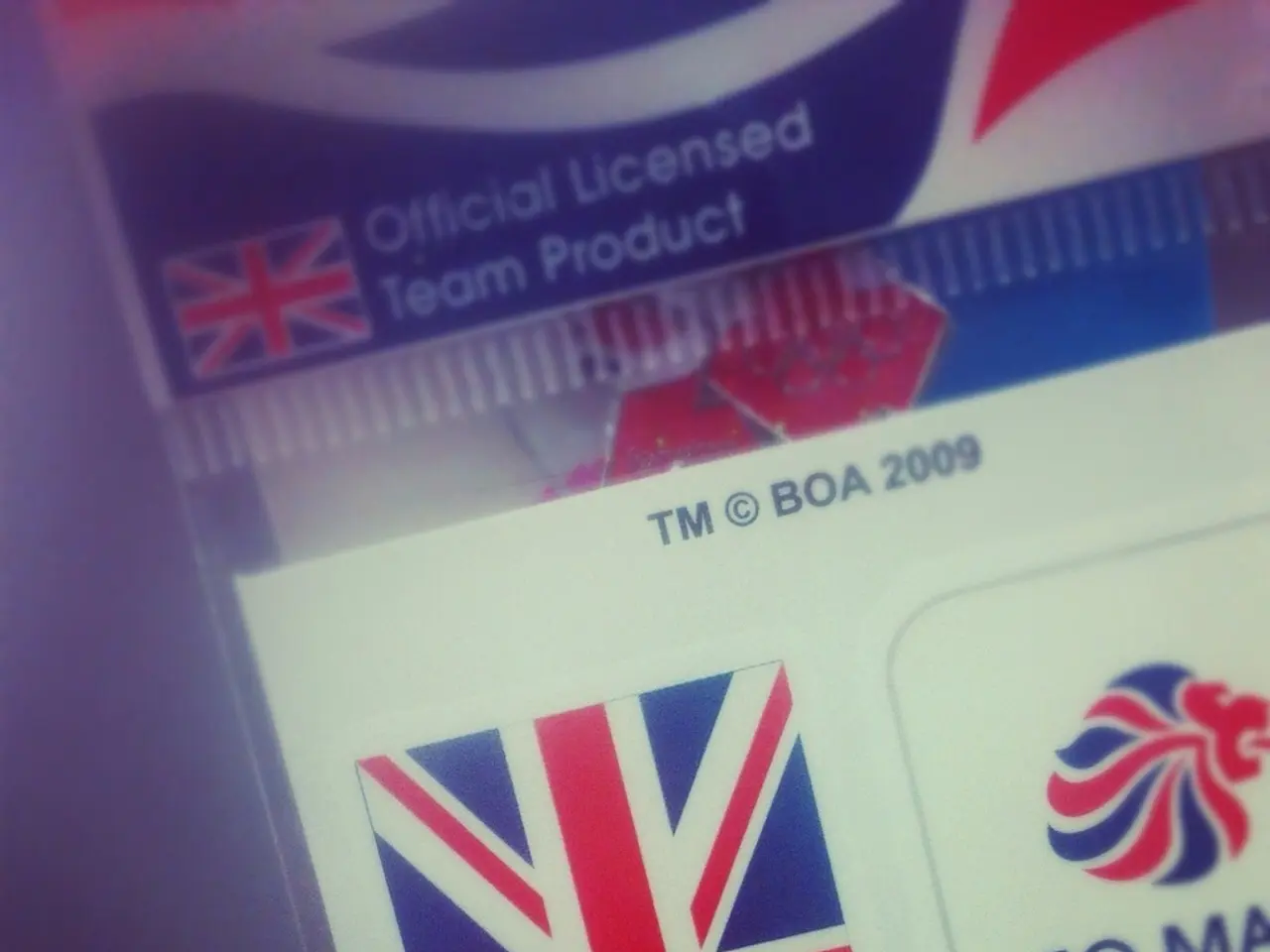Affirming Compliance with DSCSA Serialization Using AI: Benefits and Obstacles
The Drug Supply Chain Security Act (DSCSA), a federal regulation passed by the FDA in 2013, aims to enhance the security and traceability of pharmaceutical drugs. Compliance with this act presents several challenges, but AI is proving to be a game-changer.
AI plays a critical role in addressing challenges and ensuring compliance with DSCSA serialization regulations. It enables advanced data management, enhances track-and-trace capabilities, and optimizes supply chain operations.
Key roles of AI include automating data capture and verification, improving interoperability and data integrity, detecting counterfeit and suspect products, predicting demand and optimizing inventory, and supporting regulatory reporting and audit readiness.
For instance, AI helps process large volumes of serialization data rapidly and accurately at the unit level, ensuring that each prescription drug package is uniquely identified and tracked through the supply chain. AI systems can also harmonize data from multiple disparate sources and formats, facilitating compliance with DSCSA’s requirement for an interoperable electronic system to trace products throughout their journey.
Moreover, AI can identify potential counterfeit drugs or breaches in the supply chain, enhancing patient safety against substandard or fraudulent medicines. It can also forecast demand surges and manage vaccine inventory effectively, supporting DSCSA’s goal of maintaining supply chain integrity and responsiveness.
AI streamlines compliance reporting and creates tamper-proof digital records that facilitate audits and regulatory inspections under DSCSA serialization mandates. Companies like Pfizer and Moderna are already leveraging AI for these purposes.
However, the DSCSA compliance journey is not without challenges. Varying requirements are a significant hurdle, with regulations differing depending on where a firm is in the supply chain. The hard-to-understand language of the FDA creates barriers for those without expert knowledge, making it hard to follow compliance regulations.
Firms should ensure they are well prepared for the implementation of AI, including employee training and ensuring compliance. AI implementation can allow for the reallocation of resources and provide far more accurate monitoring than always having an employee monitor for errors.
Tracelink offers a solution called SPI (Serialized Product Intelligence), which allows a firm to look at data, analyze it, and act on it, and can provide actionable insights on its own. Datarails provides software that automates the collection and analysis of financial data, helping firms stay on top of regulatory changes and requirements.
AI can test whether a pharmaceutical company and Contract Manufacturing Organisation (CMO) have both established similar serialization apps, allowing for an easy transfer of information. Novartis is focusing on funding generative AI-based clinical trials, while Sanofi is going all in on AI.
In summary, AI enhances visibility, accuracy, and security in drug serialization and the entire supply chain, making it indispensable for companies to comply with DSCSA and mitigate risks associated with counterfeit drugs and data fragmentation. The FDA's Drug Supply Chain Security Act does not mention AI, as it was enacted in 2013 when AI was still in its early stages. However, the potential for AI to ensure serialization compliance with DSCSA is already being realized, making it a crucial tool in the pharmaceutical industry's compliance arsenal.
[1] DSCSA: Ensuring the Security and Traceability of Pharmaceutical Products. (n.d.). Retrieved August 25, 2023, from https://www.fda.gov/drugs/drug-supply-chain-integrity/dscsa-ensuring-security-and-traceability-pharmaceutical-products [2] FDA Issues Final Rule on DSCSA Requirements for Trading Partners. (2017, November 27). Retrieved August 25, 2023, from https://www.fda.gov/news-events/press-announcements/fda-issues-final-rule-dscsa-requirements-trading-partners [3] Tracelink. (n.d.). Retrieved August 25, 2023, from https://www.tracelink.com/ [4] DSCSA: Interoperability Requirements for Electronic Systems. (2017, November 27). Retrieved August 25, 2023, from https://www.fda.gov/drugs/drug-supply-chain-integrity/dscsa-interoperability-requirements-electronic-systems [5] AI in Pharmaceuticals: Transforming Drug Development and Manufacturing. (2020, October 15). Retrieved August 25, 2023, from https://www.mckinsey.com/industries/pharmaceuticals-and-medical-products/our-insights/ai-in-pharmaceuticals-transforming-drug-development-and-manufacturing
- The role of technology, particularly AI, in addressing challenges and ensuring compliance with the Drug Supply Chain Security Act (DSCSA) is significant, as it enables advanced data management, track-and-trace capabilities, and optimizes supply chain operations.
- AI can automate data capture and verification, improve interoperability and data integrity, detect counterfeit and suspect products, predict demand, optimize inventory, and support regulatory reporting and audit readiness.
- In the context of DSCSA, AI can process large volumes of serialization data rapidly and accurately, ensuring unique identification and tracking of each prescription drug package through the supply chain.
- AI can harmonize data from multiple disparate sources and formats, facilitating compliance with DSCSA’s requirement for an interoperable electronic system to trace products throughout their journey.
- Companies in various sectors, such as life sciences, retail, consumer products, and even health-and-wellness, are leveraging AI to streamline compliance reporting, manage inventory, and ensure safety against substandard or fraudulent medicines.
- Firms should ensure they are well-prepared for the implementation of AI, including employee training and compliance, as AI implementation can allow for the reallocation of resources and provide far more accurate monitoring than traditional methods.
- Tracelink's SPI and Datarails' software are examples of AI solutions that can provide actionable insights, automate the collection and analysis of financial data, and support regulatory compliance in the pharmaceutical industry.




